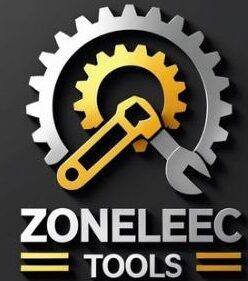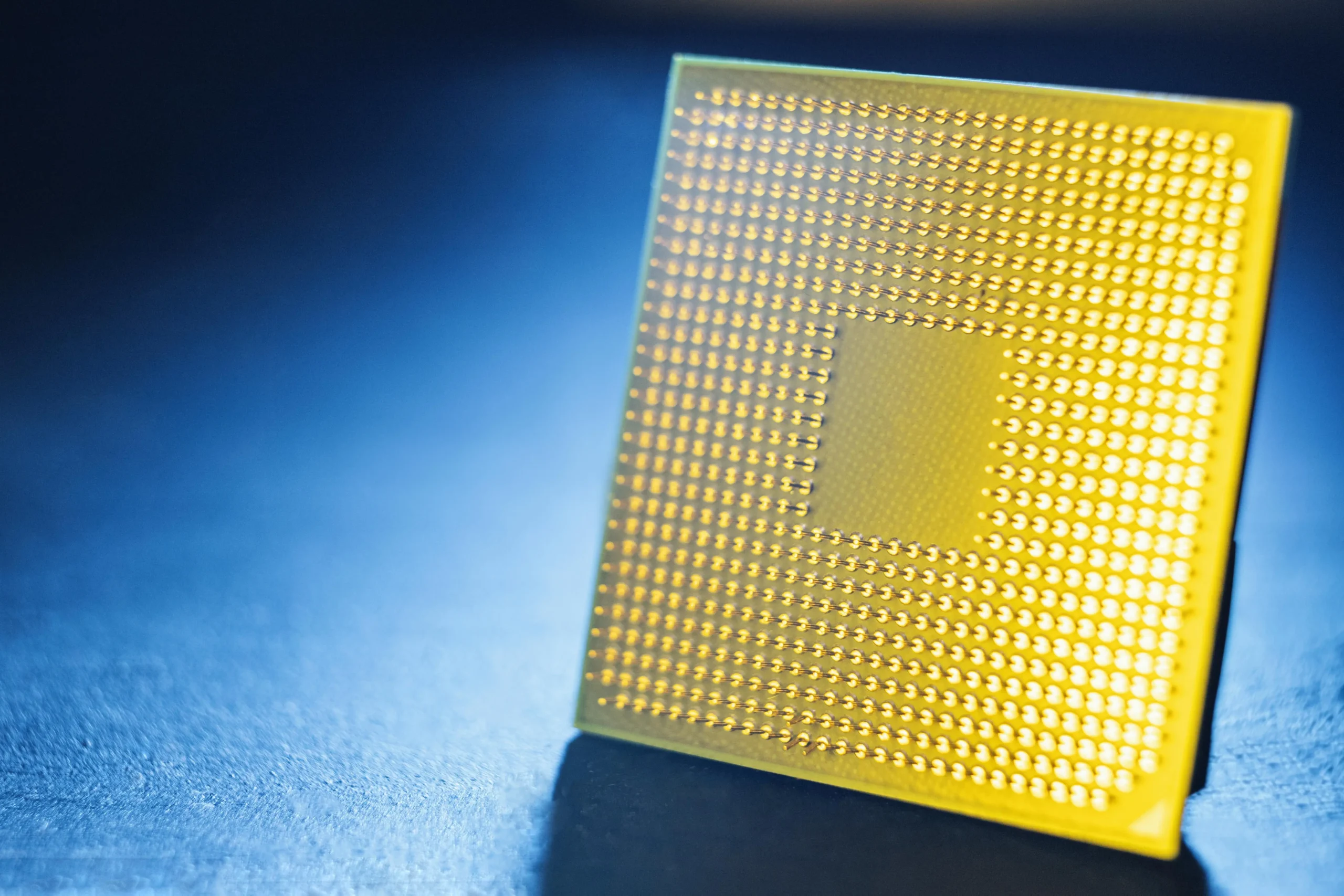Quantum Batteries Get a Big Storage Time Boost: The Energy Shift You’ve Been Waiting For
Imagine a Life Where Charging Is Instant — and Power Lasts for Days
You’ve probably been there before — your phone dies just as you’re heading out the door, or your electric car takes hours to charge before your trip. The frustration is real, and you’re not alone. But what if you never had to worry about this again?
Enter quantum batteries — not just an upgrade, but a complete reinvention of how you store and use energy. Thanks to a major boost in storage time, this futuristic tech is moving out of labs and closer to real-world use. If you’re curious about how this could affect your daily life, and why the buzz around it matters now more than ever, you’re in the right place.
Table of Contents
What Are Quantum Batteries and Why Should You Care?
Not Just Another Battery Tech
Unlike the lithium-ion batteries that power most of your devices, quantum batteries operate using the unique behaviors of quantum physics — like entanglement and coherence. That might sound complex (and it is), but the implications for you are simple:
- No more slow charging
- No performance degradation over time
- Extended storage duration without energy loss
In other words, you’re looking at a power source that learns, adapts, and performs on a level our current tech can’t touch.
Breaking Down the Science: Why Storage Time Just Leveled Up
So, What Changed?
Researchers recently achieved a leap forward in quantum coherence, which is the ability of these batteries to stay in their high-energy state without losing energy. This directly impacts how long energy can be stored before it’s used — also known as the storage time.
A study out of the University of Adelaide reported that using new quantum materials, they could extend storage time by more than 200% over prior models. That’s not a small tweak — that’s game-changing.
Table: Quantum vs Lithium-Ion Batteries
| Feature | Quantum Batteries | Lithium-Ion Batteries |
|---|---|---|
| Charging Time | Potentially instantaneous | 1 to 4 hours |
| Energy Degradation | None (in theory) | Increases with use |
| Lifespan | Practically infinite | 500–1500 cycles |
| Efficiency | Extremely high | Moderate |
| Environmental Impact | Low (minimal raw materials) | High (mining and recycling) |
How This Breakthrough Benefits You in Real Life
Devices That Charge in Seconds
Imagine plugging your smartphone in and having it fully charged before you can even grab your coffee. Or picture working on your laptop all day without needing to plug it in once. Quantum batteries have the potential to power:
- Phones
- Laptops
- Wearables
- Drones
- Cameras
And unlike today’s batteries, you wouldn’t have to worry about battery life slowly dying after a year or two.
Electric Vehicles With Instant Power
One of the biggest barriers to electric vehicle (EV) adoption is charging time. With quantum energy storage, your car could:
- Be fully charged in under a minute
- Drive longer without the need to recharge
- Avoid battery degradation even after years of use
For you, that means no more range anxiety, fewer trips to charging stations, and overall lower ownership costs.
Smarter Renewable Energy Systems
Solar and wind power are great, but they’re inconsistent. You’ve probably seen headlines about power grid instability. Quantum batteries could stabilize these systems by:
- Holding more power longer without loss
- Releasing it on-demand
- Reducing waste from overproduction
If you’ve been thinking about going solar or investing in home energy storage, this breakthrough could make your investment even more worthwhile.
Where Quantum Batteries Are Being Developed Now
The Labs Leading the Charge
Several research institutions and tech giants are pouring resources into this space. Here are a few making headlines:
- IBM Quantum is exploring material design and scalability
- Samsung Advanced Institute of Technology is investing in commercialization efforts
- University of Alberta has developed prototypes demonstrating fast charge/discharge cycles
You might not see them on store shelves just yet, but the momentum is there — and accelerating fast.
What’s Holding Back Mass Adoption (For Now)
Let’s be honest — as exciting as this sounds, there are still hurdles to clear before you can buy a quantum-powered phone or car.
The Technical Roadblocks
- Maintaining quantum states outside of a lab is challenging
- Scaling the technology to a consumer level remains a work-in-progress
- Manufacturing costs are currently high
Solutions Are on the Horizon
- Researchers are experimenting with new quantum materials like graphene and perovskites
- Hybrid systems are being developed, merging lithium-ion tech with quantum mechanisms for transitional devices
- Funding is flowing from both private tech firms and governments to push development faster
What to Expect in the Next 5–10 Years
Predicted Rollout Timeline
- 2025–2027: Industrial prototypes in power grids and scientific instruments
- 2028–2030: Early adoption in electric vehicles and medical devices
- Post-2030: Mass consumer integration into smartphones, laptops, wearables
You may not see it next year, but in the not-too-distant future, quantum battery tech could become as common as Bluetooth or USB-C.
Why You Should Start Paying Attention Today
You might be wondering, « Why should I care about something that isn’t on the market yet? »
Here’s why:
- Early awareness gives you an edge in tech investment or business planning
- You’ll be better informed when products start integrating this tech
- The shift to cleaner, longer-lasting power affects everyone, including you
The technology’s impact will ripple through transportation, healthcare, electronics, and even how you interact with your own home’s power system.
FAQs About Quantum Batteries and Energy Storage Time
Q: What exactly is a quantum battery?
A: It’s a type of energy storage device that uses quantum mechanical systems — like entangled atoms — to charge and store power more efficiently than traditional batteries.
Q: How does the improved storage time help me directly?
A: It means your devices can store energy for longer, charge faster, and require fewer replacements over time, saving you both time and money.
Q: When will I be able to buy a quantum battery-powered phone or car?
A: The most realistic estimates place consumer access within 5–10 years, starting with electric vehicles and industrial applications.
Q: Are quantum batteries safe?
A: Current research indicates they could be safer than lithium-ion batteries, as they produce less heat and don’t degrade. However, real-world safety data will become available as large-scale trials begin.
Q: Can they really charge instantly?
A: In theory, yes — quantum entanglement allows all parts of the battery to charge simultaneously. However, practical applications are still being tested.

